
Field Eel: A Superfood for Middle Age, But 4 Types of People Should Never Eat It
Field Eel: A Superfood for Middle Age, But 4 Types of People Should Never Eat It
In traditional Asian cuisine and medicine, field eel — also known as rice field eel or Monopterus albus — has long been regarded as a potent natural tonic. Packed with protein, iron, and a range of essential nutrients, this humble freshwater creature is often compared to ginseng for its revitalizing properties, especially in those over the age of 40.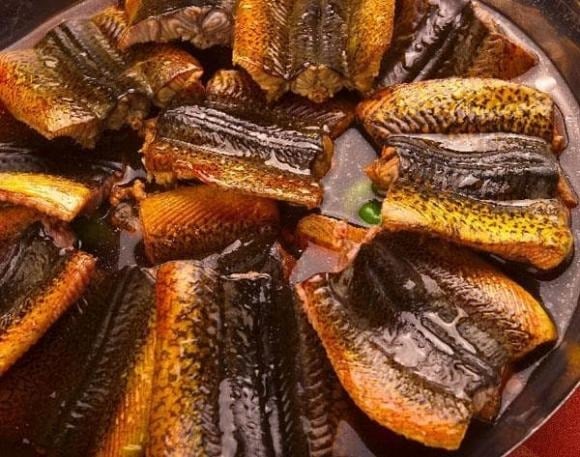
For middle-aged individuals looking to boost their energy, strengthen the immune system, and improve vitality, field eel offers impressive benefits. However, despite its nourishing profile, not everyone should eat it. In fact, four specific groups of people are strongly advised to avoid field eel due to potential health risks.
Let’s explore the nutritional value of field eel, its benefits for middle-aged adults, and who should steer clear of it — no matter how nutritious it may seem.
Nutritional Value of Field Eel
Field eel is a low-fat, high-protein food source rich in important vitamins and minerals. A typical 100g serving of cooked field eel contains:
-
18–20g of protein
-
High levels of iron and phosphorus
-
Vitamin A and B-complex vitamins
-
Omega-3 fatty acids
-
Low cholesterol (when prepared correctly)
What makes field eel stand out is not just its protein content, but the bioavailability of its nutrients, which makes it especially helpful for those with weakening digestive systems or nutrient absorption issues — common in middle age and beyond.
Health Benefits of Field Eel for Middle-Aged Adults
-
Restores Energy and Reduces Fatigue
Eel meat is considered a “yang” tonic in Eastern medicine — meaning it helps restore internal warmth and vitality. Its high iron content combats fatigue, particularly in those with low hemoglobin or poor circulation. -
Supports Joint and Bone Health
The phosphorus and protein in field eel support muscle recovery and bone strength, which become more important after age 40. -
Improves Sexual Vitality
Traditionally, field eel is believed to enhance sexual health and stamina in men, often used as a food remedy for improving libido and reproductive function. -
Strengthens Immunity
With its rich supply of vitamins and minerals, field eel helps support immune health, especially during seasonal changes or after illness. -
Aids Recovery After Surgery or Illness
Due to its easy-to-digest nutrients and soft texture, field eel is often recommended as a recovery food in traditional diets.
But Beware: 4 Groups Who Should Avoid Field Eel
Despite its many health benefits, field eel is not safe or suitable for everyone. For certain individuals, it can pose risks that outweigh the rewards.
1. People with Gout or High Uric Acid Levels
Field eel, like many high-protein animal foods, contains purines — compounds that break down into uric acid in the body. For people with gout or hyperuricemia (excess uric acid), eating eel can trigger painful flare-ups in the joints.
Why it's risky:
-
High purine content increases uric acid buildup.
-
May worsen inflammation in joints like the toes, knees, or fingers.
Recommendation:
People with gout should avoid field eel altogether or consult a doctor before consuming it in small amounts.
2. Individuals with Weak or Compromised Digestive Systems
Although field eel is considered easy to digest by many, it may cause issues for those with chronic indigestion, acid reflux, or irritable bowel syndrome (IBS).
Why it’s risky:
-
Eel is a rich, oily meat that can trigger stomach discomfort or bloating.
-
Improperly prepared eel may carry parasites or bacteria, which can further irritate the gut.
Recommendation:
People with sensitive digestion should avoid field eel unless it is thoroughly cleaned, cooked, and consumed in moderation with gentle seasonings.
3. People with Liver or Kidney Disease
Those suffering from chronic kidney disease or impaired liver function should be especially cautious with animal protein intake — and field eel is no exception.
Why it’s risky:
-
High protein puts added strain on the liver and kidneys, which may already be compromised.
-
The breakdown of animal proteins produces waste products like urea that the kidneys must filter out.
Recommendation:
People with moderate to severe liver or kidney conditions should consult a healthcare provider before adding eel to their diet.
4. Pregnant Women (Especially in Early Pregnancy)
While some cultures consider eel a nourishing food for pregnancy, there are real concerns when it comes to food safety and contaminants.
Why it’s risky:
-
Eels may live in stagnant or polluted water, increasing the risk of heavy metal contamination (e.g., mercury).
-
Undercooked or improperly handled eel can carry parasites harmful to both mother and fetus.
Recommendation:
Pregnant women should avoid eel unless it is from a trusted, clean source and cooked thoroughly. Even then, it should only be eaten in moderation, particularly in the first trimester.
How to Choose and Prepare Field Eel Safely
For those who can eat eel, safety and preparation are critical:
-
Buy from reputable sources: Choose live or freshly frozen eels from clean environments. Avoid wild eels from unknown waters.
-
Thorough cleaning: Field eel must be gutted and washed carefully, as the intestines may harbor parasites or bacteria.
-
Cook fully: Grilling, steaming, or stewing eel at high temperatures ensures harmful microorganisms are destroyed.
-
Avoid raw eel: Unlike sushi-grade saltwater eel, freshwater eels should never be eaten raw.
Conclusion
Field eel is a traditional delicacy and a potent health food, especially beneficial for middle-aged and older adults seeking to restore energy, strengthen immunity, and support recovery. With its nutrient-dense profile, it deserves recognition as a natural superfood — comparable to ginseng in its effects.
However, it's not suitable for everyone. People with gout, digestive issues, liver/kidney problems, and pregnant women should avoid or limit their intake. Knowing your body and health condition is key before adding any high-impact food like field eel to your regular diet.
As with many things in nutrition, the secret lies not just in what you eat — but whether it’s right for you.
News in the same category


The secret to removing stubborn stains on glass stovetops without scratching the surface
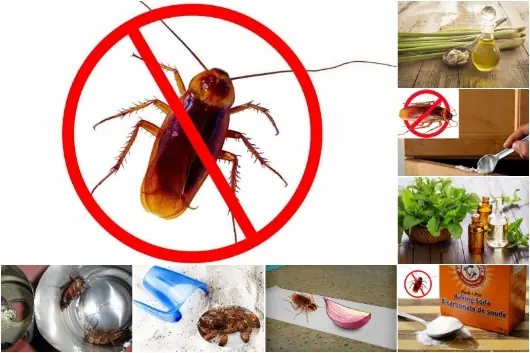
A Dirt-Cheap Kitchen Item Is the Ultimate Cockroach Kil.ler

7 Mistakes You Should NEVER Make During Hotel Checkout

10 Smart Things Every Traveler MUST Do When Checking Into a Hotel Room

Should we cover the air conditioner condenser when it is sunny or rainy? Electricians warn against mistakes many people make

Does turning on an electric fan all day and night consume more electricity than turning on the air conditioner?

Orange Peels Have 3 Surprising Uses

3 Ways to Kill Spiders and Spider Webs in Your Home

Does Using Strong Fan Mode on the Air Conditioner Consume More Electricity?
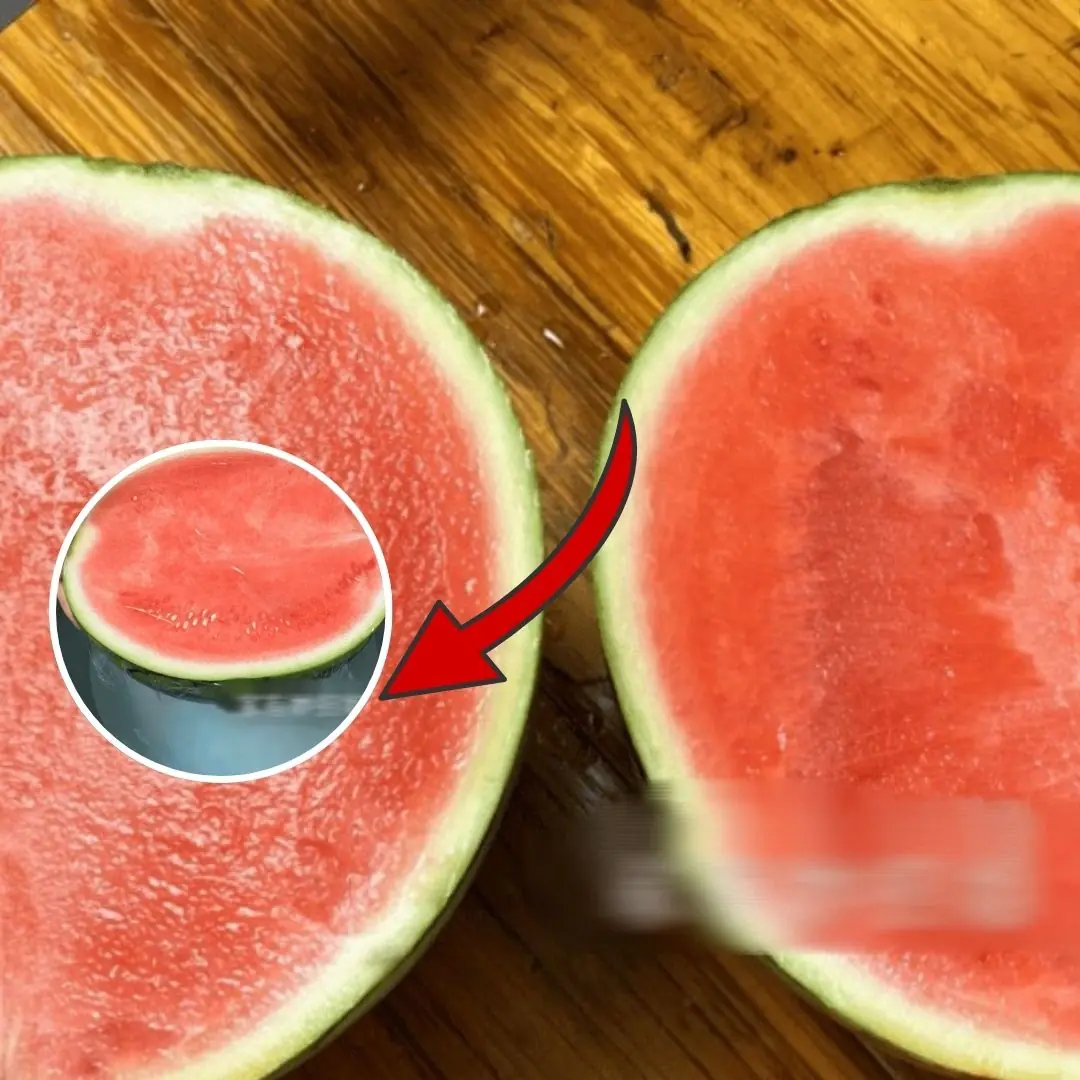
Leftover watermelon in the fridge is not necessarily safe – if not done properly, the risk of bacterial contamination is very high!

The Surprising Benefits of Ginger Peel

Common Fridge Mistakes That Secretly Create Toxins — And Put Your Health at Risk

Don't be foolish to buy 6 items that easily contain Formaldehyde, causing can.cer and shortening life.

Read The Clouds: 5 Signs A Storm Is Brewing

Want beautiful, smooth, and bright skin in the summer? Eat these 5 "miraculous" fruits right away!

4 Expert Tips to Choose Meaty, Flavorful Crabs and Avoid Getting Ripped Off

5 kitchen appliances you will regret if you don't buy soon

Hormone-injected shrimp has 4 obvious signs, no matter how cheap it is, definitely DO NOT BUY
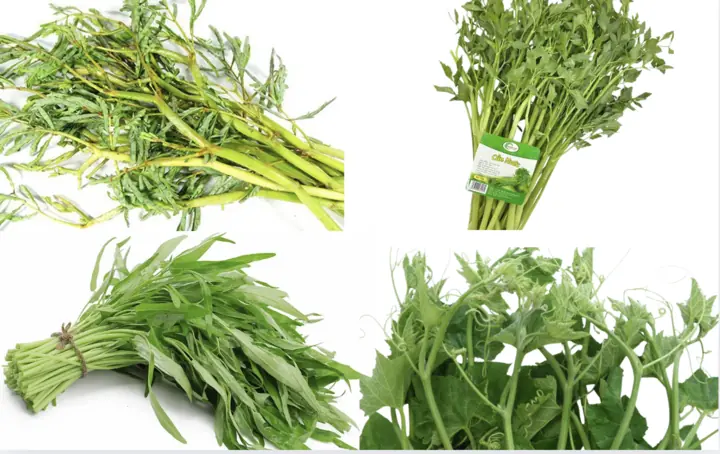
Experts point out vegetables that are easily contaminated with heavy metals
News Post

7 Common Vegetables That Can Cause Kid.ney Stones

Why Can Young People Still Suffer Strokes and Sudden Death? 5 Dangerous Habits You Need to Quit Immediately
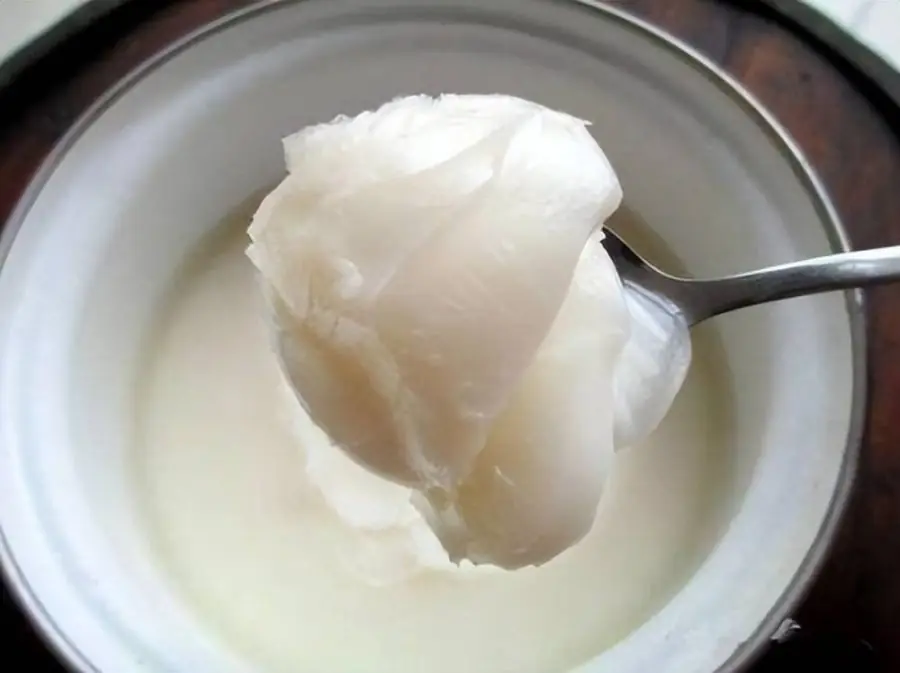
5 Delicious Foods Once Misunderstood as Har.mful
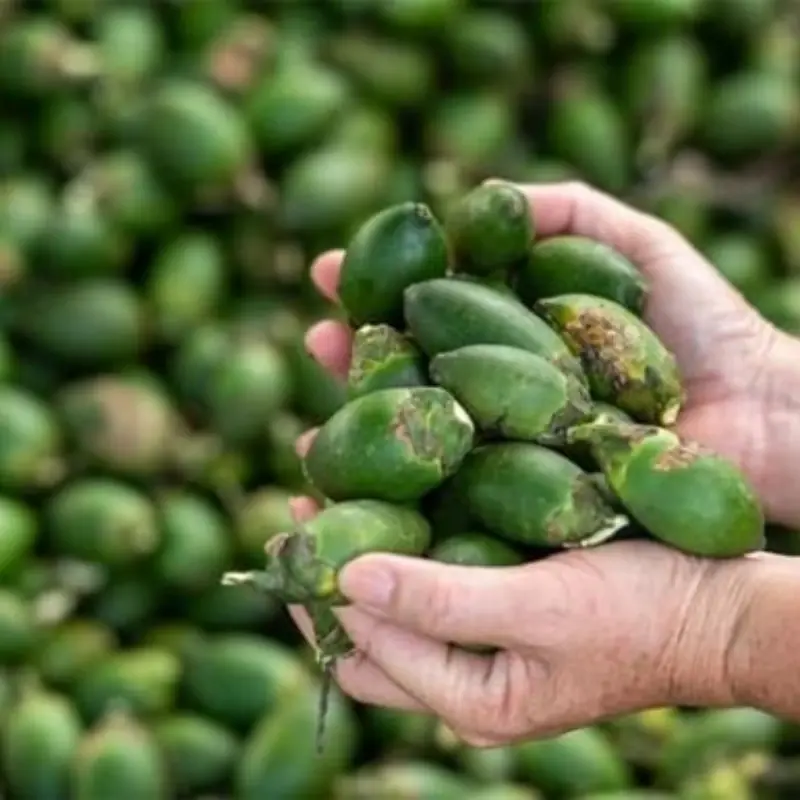
Doctor Warns: 4 Fruits That “Feed” Can.cer Cells
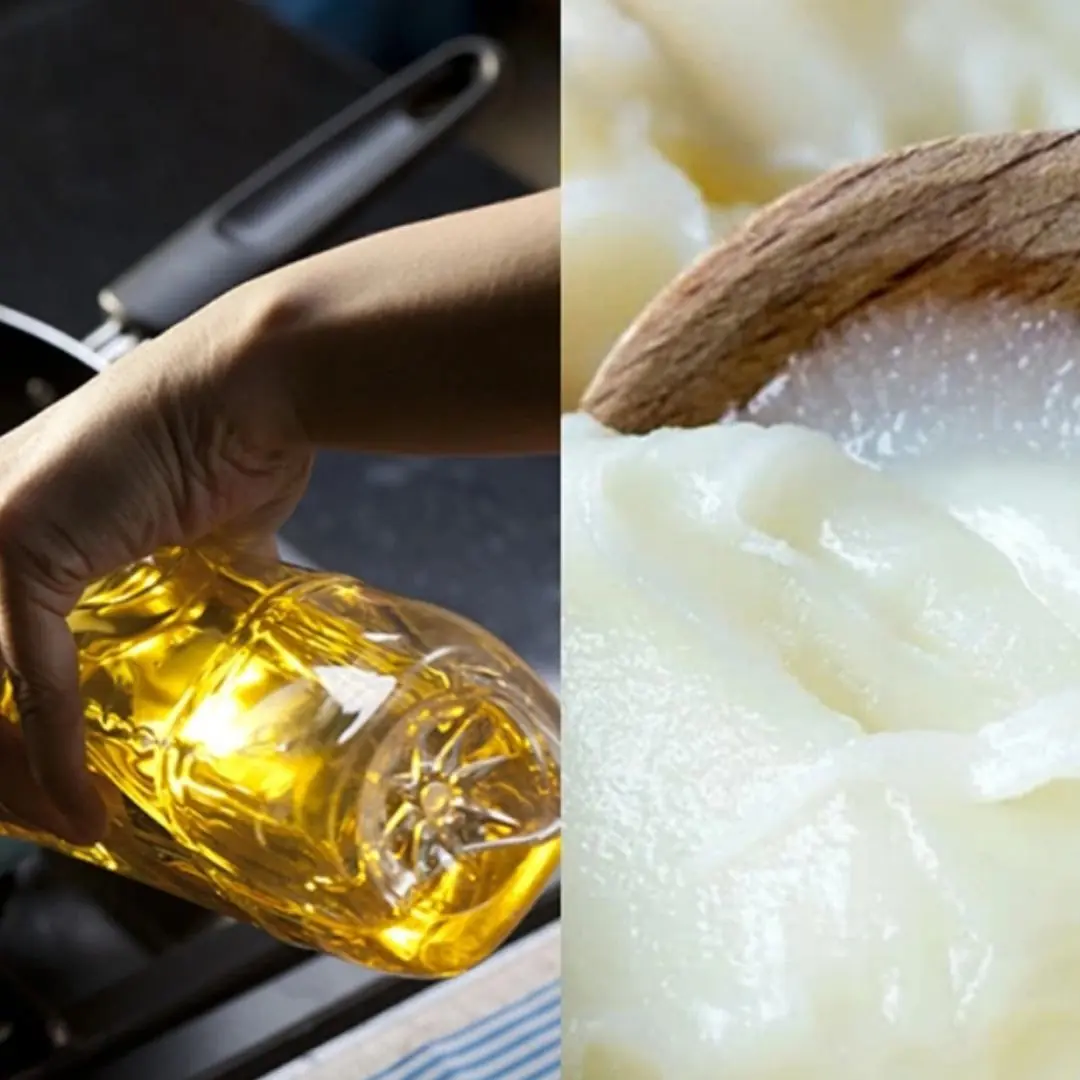
Is it healthier to use cooking oil or lard?

Can a plane in the sky be struck by lightning? Are the passengers inside safe?

Tsunami and its warning signs, essential for those who often go to sea

Ever seen red-tipped bananas in Europe? Here’s why they look that way

Spleen Cancer: A Rare But Dangerous Disease – You Need To Know!

When You Propose, Why Do You Get Down On One Knee? Exploring The Tradition Behind The Romantic Gesture

Drinking cold water at these 5 times can easily cause illness, no matter how much you like it, you should stay away from it

Achy Mornings? Here’s What Your Body’s Trying to Tell You — And How to Fix It

8 Early Signs of Mild Kid.ney Failure That Many People Ignore

Drinking Fresh Ginger Juice in the Morning Offers 5 Special Benefits

4 familiar traditional leaves that help de.t.o.x and cleanse the lu.ngs

Top 5 Everyday Foods That Help Women Reduce Excess Fat After 40

5 Pancreatic Can.cer Symptoms Often Mistaken for Sto.mach Issues

5 Types of Drinks That Can Harm Your Liv.er and Kid.neys at Night

Squint your eyes and guess what animals are hiding behind these illusions
